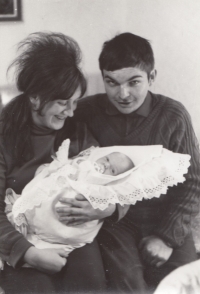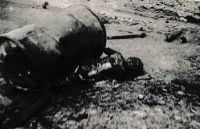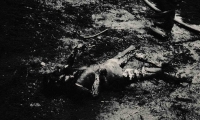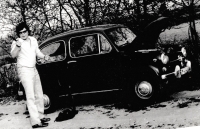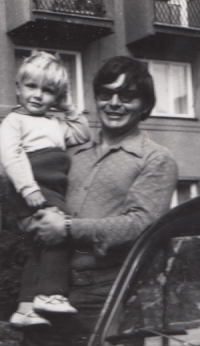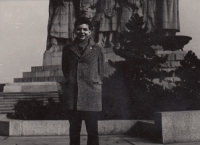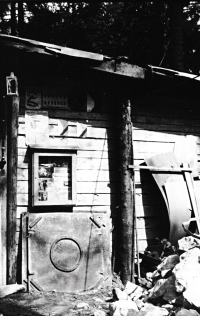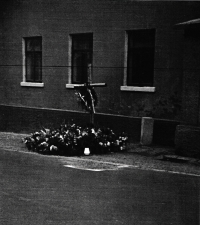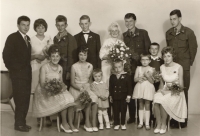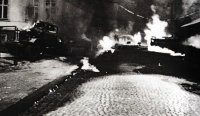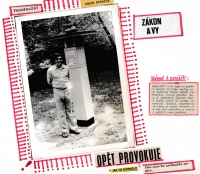He extinguished the burning woman during the invasion of the occupiers. The Communists repaid him by imprisonment
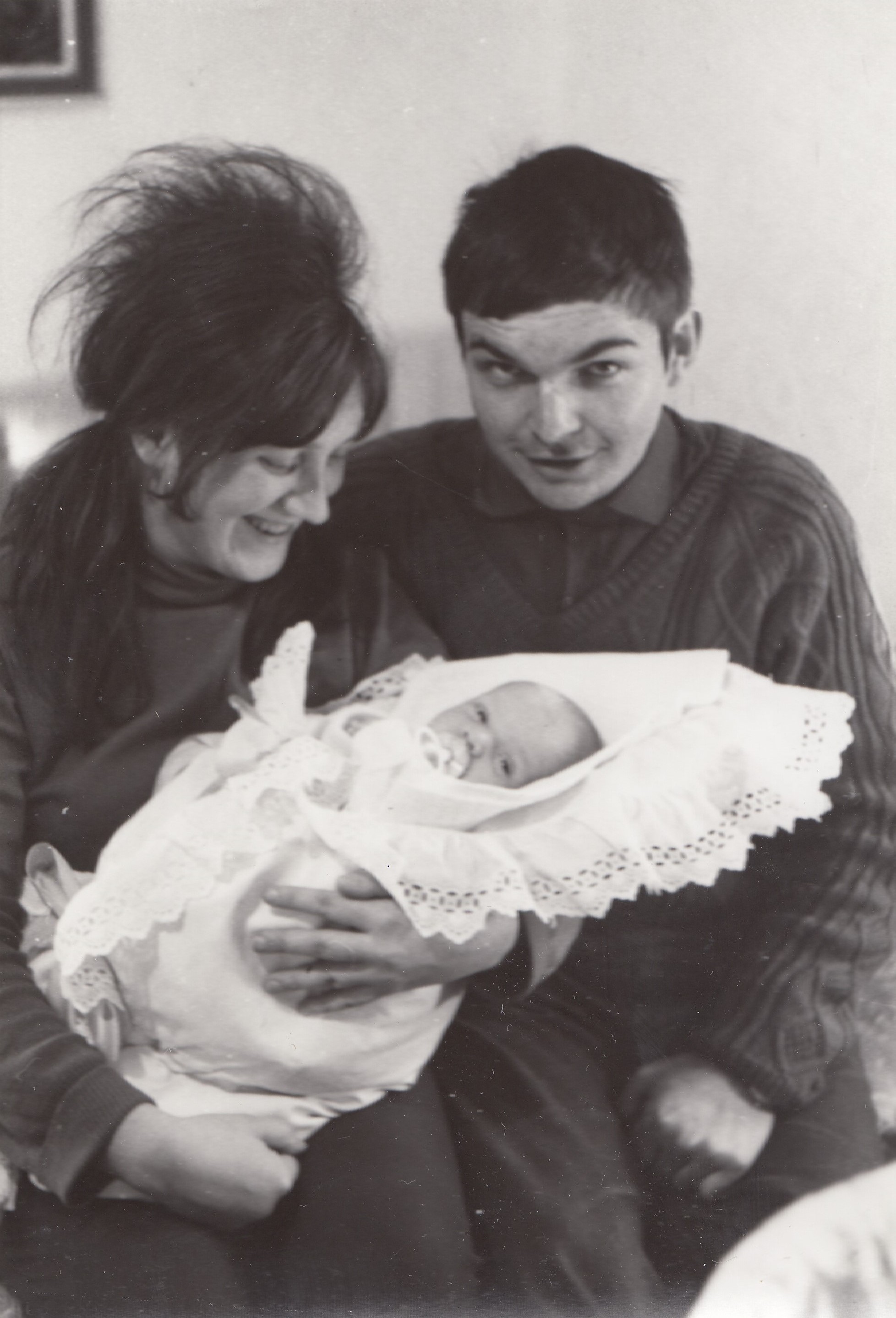
Stáhnout obrázek
Miroslav Jeník was born on May 18, 1946 in Vrchlabí. In 1960, he moved with his parents and brother to Bozkov in the Semily region. He graduated from the then twelve-grade school, but did not graduate. From 1965 to 1967 he completed basic military service, where he joined the Communist Party. In June 1968 he married his wife Milada. On August 21, 1968, he experienced the tragic accident of a Soviet tanker during the transfer of an army convoy in Desná in the Jizera Mountains. Together with his brother Ladislav saved a burning woman. They themselves got injured. Under the influence of the Warsaw Pact invasion of the Czechoslovak Socialist Republic, he got rid of the Communist Party‘s ID. However, it was not removed from the register of party members until 1972. At that time, he was working on the modifications of the Bozkov caves and used the public notice board with his friends for anti-occupation agitation. In February 1969 he took part in protests against the meeting of communist officials with representatives of the occupying armies in Semily. On 21 August 1969 he took part in anti-occupation protests in Liberec. In October 1970, his son was born. In December 1970, he went to prison, where he was sent to the Regional Court in Hradec Králové for ten months due to opposition to the occupation of Czechoslovakia. He served his sentence in its entirety, mostly in the prison in Bělušice, North Bohemia. In 1988, he got through police patrols for the funeral of dissident Pavel Wonka in Vrchlabí. After 1989, he did business with his son in a carpentry shop. He received compensation for injuries in the accident in Desná and for imprisonment during the totalitarian regime. In 2020 he lived in Bozkov.
